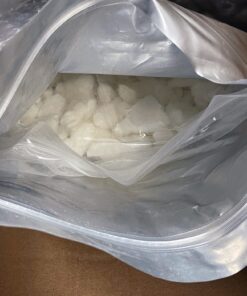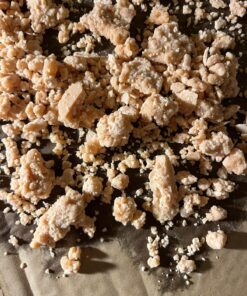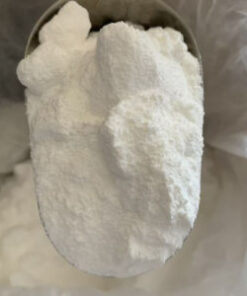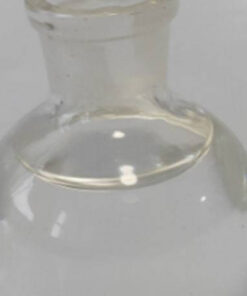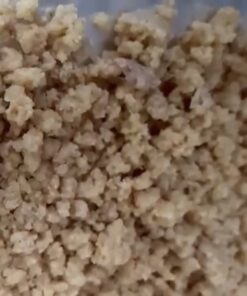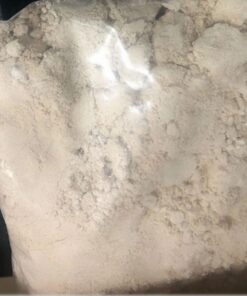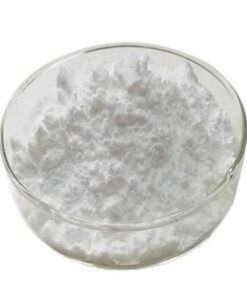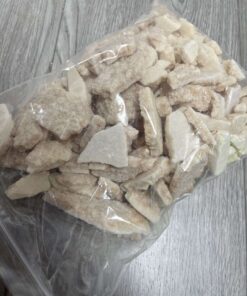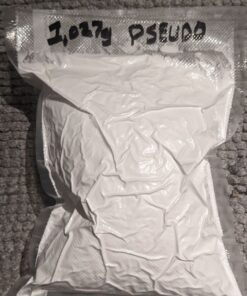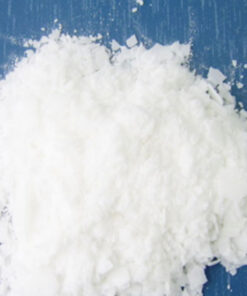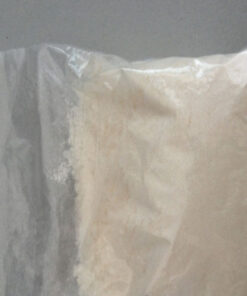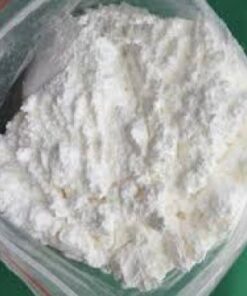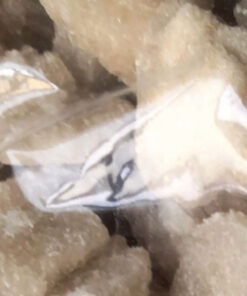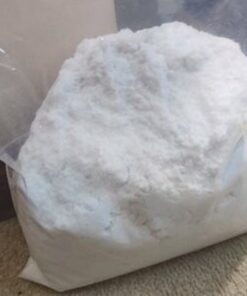The Effects of Cathinone Abuse
cathinone hydrochloride is a naturally occurring stimulant that is found in the leaves of the khat plant. This plant is native to East Africa and the Arabian Peninsula. For centuries, cathinone has been utilized in traditional medicine and social gatherings. However, in recent years, it has gained significant popularity as a recreational drug.
Cathinone is commonly referred to as “khat,” “qat,” “chat,” or “miraa,” and is often associated with terms like “legal high” or “research chemical.” It shares chemical similarities with amphetamines and produces similar effects on the body. In this article, we will delve into the effects of cathinone abuse and the potential risks associated with its use.
What is Cathinone?
Cathinone is a naturally occurring phenethylamine alkaloid found in the leaves of the khat plant (Catha edulis). It is chemically similar to amphetamines and has stimulant effects on the central nervous system.
Cathinone is a Schedule I controlled substance in the United States, meaning it has a high potential for abuse and no accepted medical use. It is also listed as a Schedule I drug in the United Nations Convention on Psychotropic Substances.
Where is Cathinone Found Naturally?
Cathinone is found naturally in the leaves of the khat plant, which is native to East Africa and the Arabian Peninsula. The leaves of the khat plant are chewed or brewed into tea for their stimulant effects. synthetic cathinone For sale
In addition to its natural form, cathinone can also be synthesized in a laboratory and is often sold as a “research chemical” or “legal high”. It is also sometimes found in combination with other drugs, such as MDMA or methamphetamine.
Effects of Cathinone Abuse
Cathinone has similar effects to amphetamines, including increased energy, alertness, and euphoria. However, it also has some unique effects due to its chemical structure.
Physical Effects of cathinone hydrochloride
Cathinone can cause a range of physical effects, including increased heart rate, blood pressure, and body temperature. It can also cause dilated pupils, dry mouth, and decreased appetite. In high doses, it can lead to tremors, muscle spasms, and seizures.
Psychological Effects of cathinone hydrochloride
The psychological effects of cathinone abuse can vary depending on the individual and the dose. Some common effects include increased energy, talkativeness, and feelings of euphoria. However, it can also cause anxiety, paranoia, and hallucinations.
Long-term use of cathinone can lead to psychological dependence and addiction, as well as cognitive impairments such as memory loss and difficulty concentrating.
Risks and Dangers of Cathinone Abuse
Cathinone powderby Peter Kalonji (https://unsplash.com/@petertk)
Cathinone abuse can have serious risks and dangers, both in the short and long term. Some of the potential risks include:
Cardiovascular problems: Cathinone can cause an increase in heart rate and blood pressure, which can lead to heart attack, stroke, or other cardiovascular issues.
Overdose: Taking high doses of cathinone can lead to overdose, which can be fatal. Symptoms of overdose may include seizures, coma, and respiratory failure.
Psychiatric issues: Long-term use of cathinone can lead to psychiatric issues such as anxiety, depression, and psychosis.
Addiction: Cathinone can be highly addictive, leading to dependence and withdrawal symptoms when use is stopped.cathinone hydrochloride
Unknown effects: As a relatively new drug, the long-term effects of cathinone abuse are not fully understood. There may be other risks and dangers that are not yet known.
Cathinone hydrochloride as a Supplement
Some people may be interested in using cathinone as a supplement for its stimulant effects. However, this is not recommended due to the potential risks and dangers associated with cathinone abuse.cathinone hydrochloride
Additionally, there is no evidence to support the use of cathinone as a supplement, and it is not approved for this purpose by any regulatory agency. It is important to consult with a healthcare professional before using any substance as a supplement.cathinone hydrochloride
Cathinone and Wellbutrin
Wellbutrin (bupropion) is a prescription medication used to treat depression and seasonal affective disorder. It is also sometimes used to help people quit smoking.
Some people may wonder if there is a connection between cathinone and Wellbutrin, as they are both stimulants. However, there is no evidence to suggest that cathinone and Wellbutrin have any interactions or similarities. In fact, using cathinone while taking Wellbutrin could be dangerous and should be avoided.
Where to Find Cathinone for Sale
Cathinone is a controlled substance and is illegal to possess or sell in most countries. However, it can still be found for sale on the black market or through online sources.
It is important to note that purchasing cathinone from these sources is illegal and can be dangerous. The quality and purity of the drug cannot be guaranteed, and there is a risk of purchasing a contaminated or counterfeit product.
Conclusion
Cathinone is a naturally occurring stimulant found in the leaves of the khat plant. It has similar effects to amphetamines and is often used as a recreational drug. However, cathinone abuse can have serious risks and dangers, including cardiovascular problems, overdose, and addiction. It is important to avoid using cathinone as a supplement and to only obtain it from legal and regulated sources. If you or someone you know is struggling with cathinone abuse, seek help from a healthcare professional.

